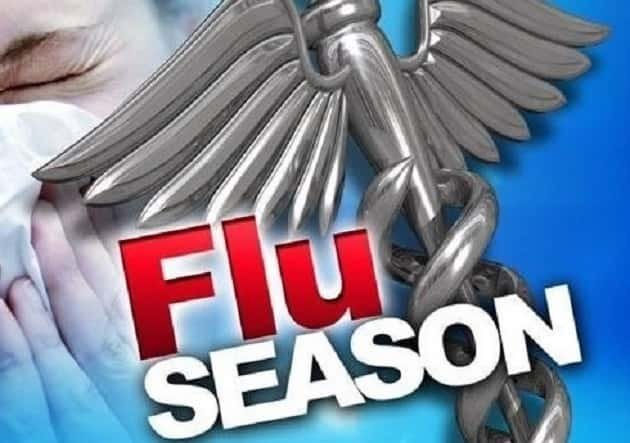
With the chillier fall and winter months quickly approaching, the time for acquiring an influenza vaccine draws near.
A contagious disease that annually, and aggressively, spreads between October and May, the US Center for Disease Control and Prevention has noted that while anyone can get the flu, it is more dangerous for infants, young children, people 65 years and older, those pregnant and people with certain health conditions involving weakened immune symptoms.
Pneumonia, bronchitis, sinus infections and ear infections are common flu-related complications, and medical conditions like heart disease, cancer and diabetes can further complicate flu cases.
Typical symptoms of the “flu” include fever, chills, sore throat, muscle aches, fatigue, a hoarse cough, headaches, runny and stuffy noses, while some experience nausea, vomiting and diarrhea — though those latter symptoms are more common in children.
The CDC recommends everyone 6 months or older to get vaccinated every flu season, and that children aged 6 months to 8 years may need two doses every flu season. Everyone else needs but one dose.
Following vaccination, medical officials report that it takes roughly two weeks for full protection to boost one’s immune system.
When getting a flu vaccine, be sure to alert your vaccine provider if you have had a previous allergic reaction to the inoculation, or if you’ve had any severe or life-threatening allergic reactions, in general. Furthermore, those with Guillain-Barre Syndrome — a very-rare disorder of the immune system that attacks nerves and causes weakness and tingling in arms and legs — should discuss such details.
Any severe reactions to the vaccine — hives, swelling of the face or throat, a fast heartbeat, difficulty breathing, dizziness or weakness — should be immediately reported to 911 or a trip to an emergency room.






